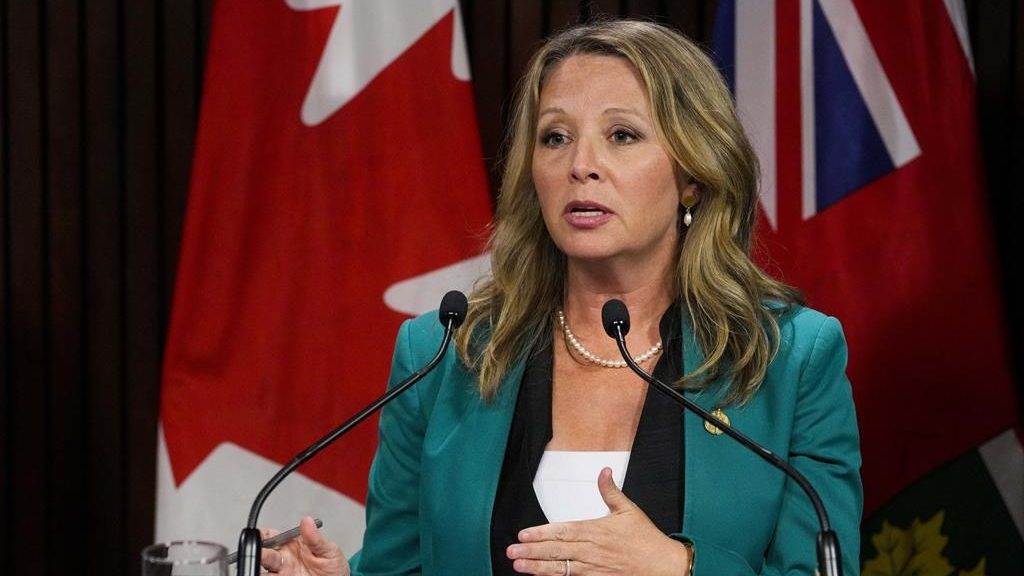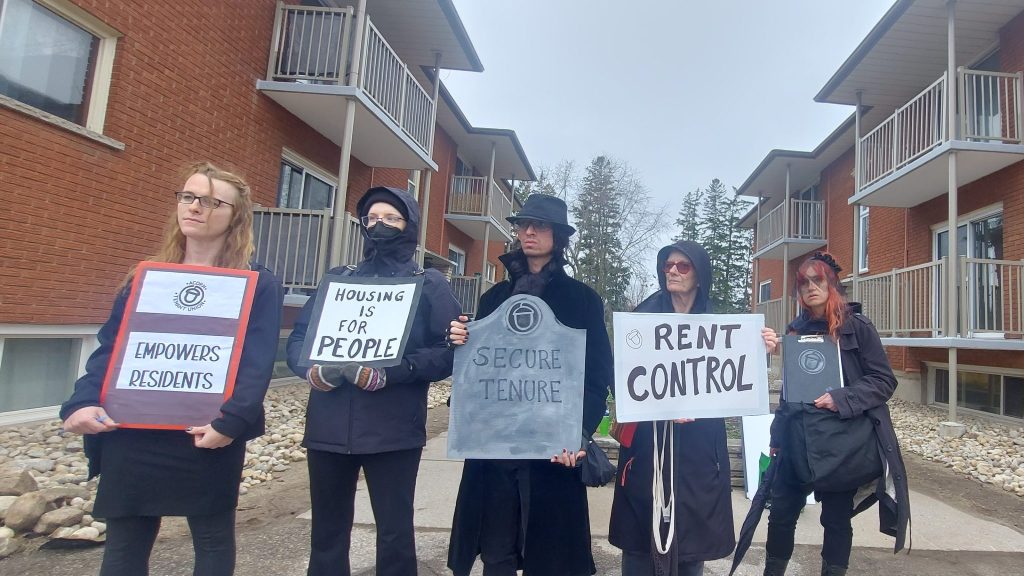Experts discuss improved support in 2023 for those battling Alzheimer’s
Posted Jan 13, 2023 05:45:00 PM.
It’s Alzheimer's Awareness Month and the Alzheimer Society of Waterloo-Wellington is here to remind you that while dementia is common, it’s not a normal part of aging and there is support within the region.
Inspired by their September 2022 study that predicted nearly one million people will be living with dementia in the country by 2030, in the latest episode of Dementia Talks! Canada, experts will virtually join the Alzheimer Society of Canada to have a conversation about the ways they’d like to see dementia support improve throughout 2023.
A monthly video series produced by the Alzheimer Society of Canada in partnership with Brain Canada, Dementia Talks! Canada began in 2022 as a way to bring together researchers, people with lived experience, and community members to discuss vital topics and stories in dementia.
“If you've met one person with dementia, you've met one person with dementia – everybody's story is different and unique,” said Gail Roth, the Director of Programs and Services at the Alzheimer Society of Waterloo-Wellington. “So we really try to have a more personalized approach to learn a little bit about what their story and situation is.”
Alzheimer's is the most common type of dementia; a specific brain disease marked by gradually worsening symptoms that first affect the part of the brain associated with learning. Early symptoms often include changes in memory, thinking, and reasoning skills.
One of the January’s Dementia Talks! speakers, Adebusola (Busola) Adekoya, is a registered nurse and PhD candidate in the School of Public Health Sciences at the University of Waterloo. Her research focuses on persons living with dementia at risk of going missing and the use of innovative strategies to promote safe walking.
“I think many people may say yes, Alzheimer’s is a degenerative disease where the brain and its function will change,” said Roth. “But we also have so many other supports, strategies, and knowledge now that prove people can really live well with that diagnosis.”
While early diagnosis and intervention are key for those living with dementia, that’s where Canada struggles the most, according to Roth.
A 2022 CanAge study reported only two out of five Canadian doctors felt well-prepared to manage community dementia care.
On average, about one in four Canadian seniors age 85+ have been diagnosed with dementia.
As of 2019, there were only 304 geriatricians in Canada, which is equal to one geriatrician for every 24,000 seniors.
“An individual doesn't need to have a diagnosis from a health care professional in order to access services,” said Roth. “People call in to ask questions because something might be going on with their memory … or we also sometimes have family members or care partners calling in because they have their own concerns.”
To fill in the gaps in care, many family members of dementia patients become unpaid caregivers, with StatCan reporting one in four Canadians aged 15 and up provide care to a family member or friend.
87 per cent of surveyed caregivers said they wish that more people understood the realities of caring for someone with dementia.
“A big part of what we do is education and programs that help us support those living with dementia to be socially engaged, physically active,” said Roth. “So we're really here to help support those with dementia and their care partners to live and focus on living well.”
Experts maintain that the sooner people learn and strategize about living with dementia, the better they are prepared. Earlier preparation can also help caregivers and families provide support as the disease progresses.
“We need to build a robust, community-based support program that enables people to live in their own homes,” said Roth. “It takes a community not to feed the social stigma.”
For more information about the Alzheimer Society of Waterloo-Wellington's programs or support services, check out their website.










